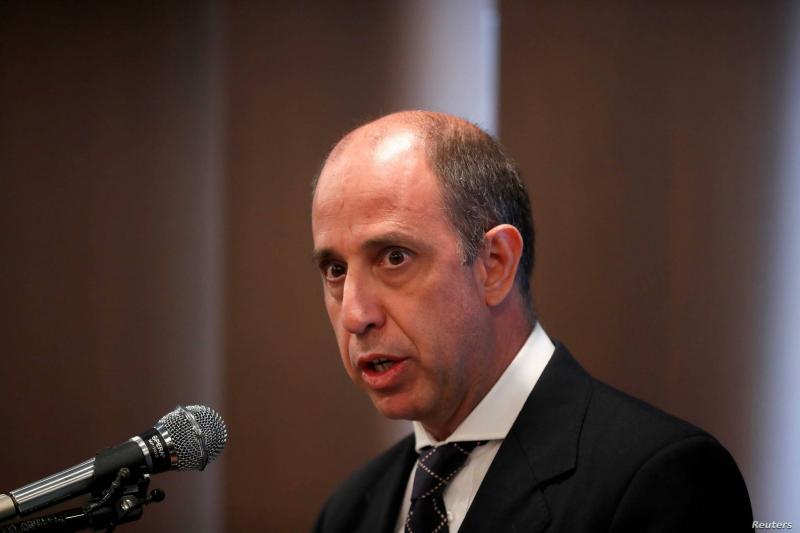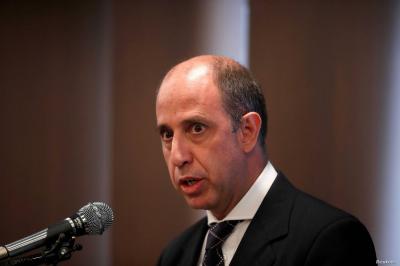The UN Special Rapporteur on Human Rights in North Korea, Thomas Ojea Quintana, has warned that the country is facing a worsening hunger crisis due to the COVID-19 pandemic, noting that children, the elderly, and prisoners are particularly at risk of famine, according to Voice of America. Quintana stated, "Even before the pandemic emerged, more than 40 percent of people were suffering from food insecurity, with many experiencing malnutrition and stunted growth."
In the wake of the pandemic outbreak in early 2020, North Korea closed its borders and imposed travel restrictions between cities and regions, leaving people without jobs or essential goods. Quintana said, "The brutal measures taken by North Korea to prevent the entry of COVID-19 include a policy of shooting individuals attempting to enter or leave the country." He noted that prices for basic goods such as rice and corn have risen in parts of the country, and there is a shortage of essential medicines and medical supplies coming from neighboring countries like China.
He confirmed that the number of homeless people and street children is on the rise. In his annual report to the UN, he wrote, "Those discharged from compulsory military service have no jobs, income, or food to survive." He added that North Koreans should not have to choose between fearing hunger and fearing COVID-19. He pointed out that Pyongyang joined the "COVAX" alliance to obtain COVID-19 vaccines, but has not followed through with the necessary steps to receive them.
Quintana, an Argentine lawyer whose term as the UN Rapporteur on Human Rights in North Korea will end this year, expressed increasing concern regarding prisoners' access to adequate food. He said, "Prisoners in North Korea often rely on their families for food. However, with travel restrictions and rising economic difficulties, families may not be able to assist their imprisoned relatives."
Regarding political prisoners, the situation is even more obscure, as the government denies the existence of labor camps, which Quintana described as "the most severe human rights situation in the country." He continued, "We are truly concerned about the hunger faced by prisoners, particularly those in political detention camps."




